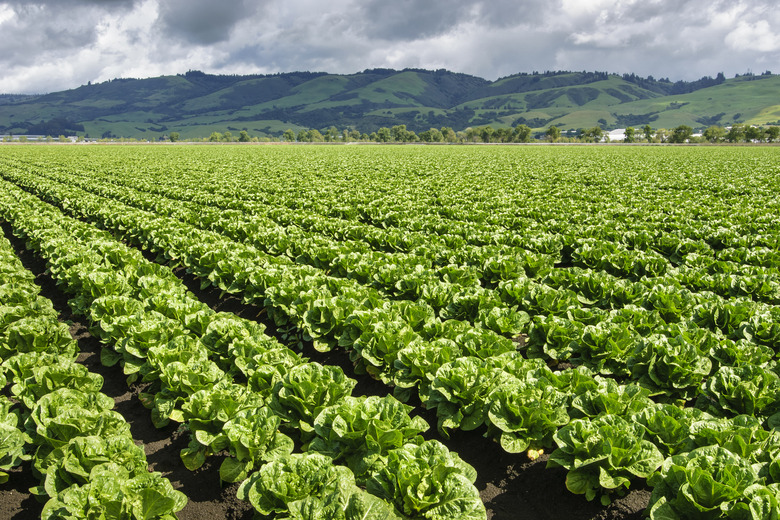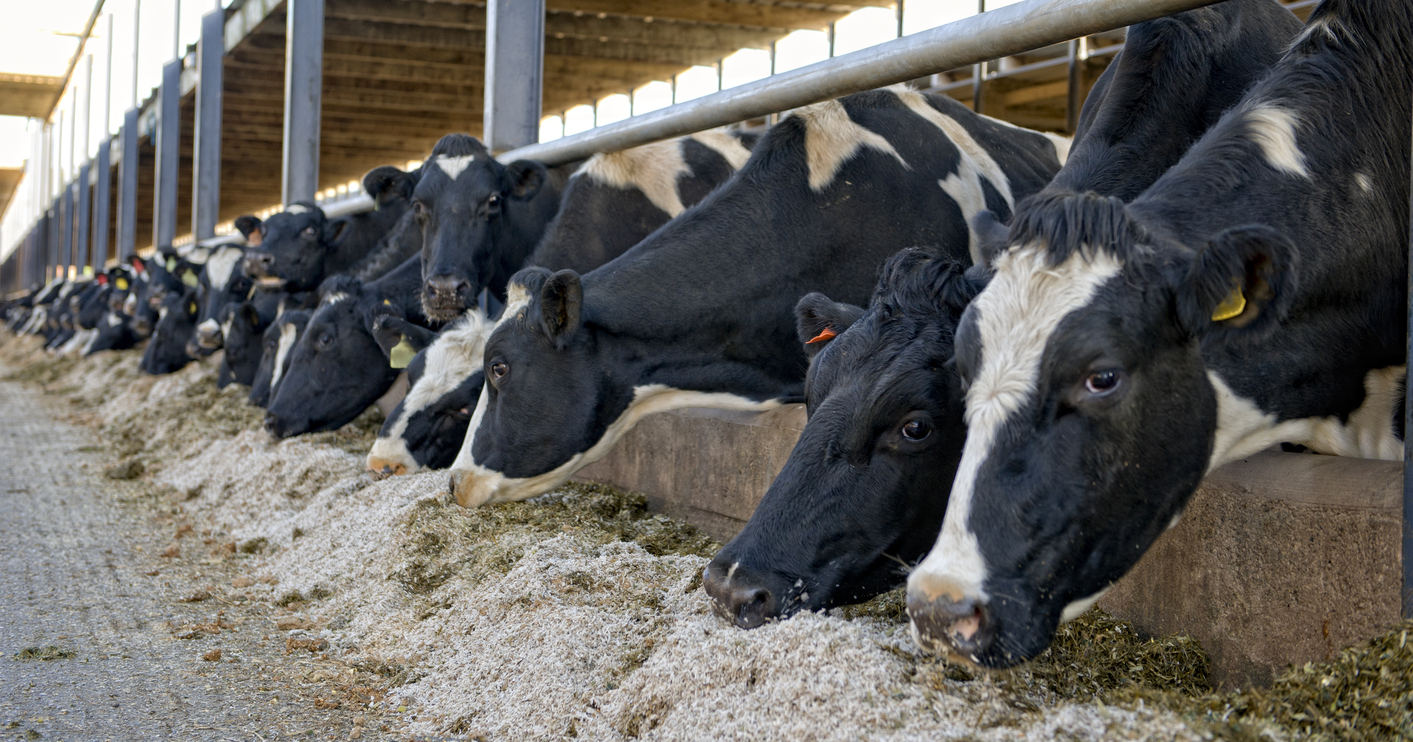Massive E. Coli Outbreak May Have Been Caused By Cow Poop
This year's spate of E. coli infections linked to romaine lettuce was the largest outbreak since 2006, responsible for 210 illnesses in 36 states and causing 96 hospitalizations and 5 deaths. Though the exact source has yet to be confirmed, health officials have located the deadly strain of bacteria in a canal near Yuma, Arizona — and the Food and Drug Administration released an update on August 6 hypothesizing that a nearby cattle feeding facility may have had something to do with it.
The hypothesis was discussed at a meeting with the Leafy Greens Food Safety Task Force, a team formed earlier this year in response to the outbreak. The FDA has been collecting traceback evidence to determine the source of contamination in the Yuma region; officials currently suspect that water from the canal came in contact with the lettuce before it was distributed around the country.
The FDA's recent update noted that a large cattle feeding operation is close to the canal. The facility, called a Concentrated Animal Feeding Operation (CAFO), can hold more than 100,000 cows at once — cows that produce a lot of waste. And this waste — much of which is poop — may have made its way somehow to the freshly grown lettuce.
"The FDA traceback information showed a clustering of romaine lettuce farms nearby [to the CAFO]," the statement says.
The investigation is still ongoing — no one is sure whether the cattle's feces really caused the massive outbreak. But it's certainly a viable scenario. Once the FDA completes additional sampling activities to narrow down these hypotheses, they plan to release their findings in a finalized environmental assessment report.
The Daily Meal reached out to the FDA by email, but they did not immediately respond.
Meanwhile, consumers should not be excessively wary of consuming romaine lettuce at this time — the outbreak is long over. However, both the Centers for Disease Control and the FDA urge people to continue to follow best practices for avoiding food poisoning.

